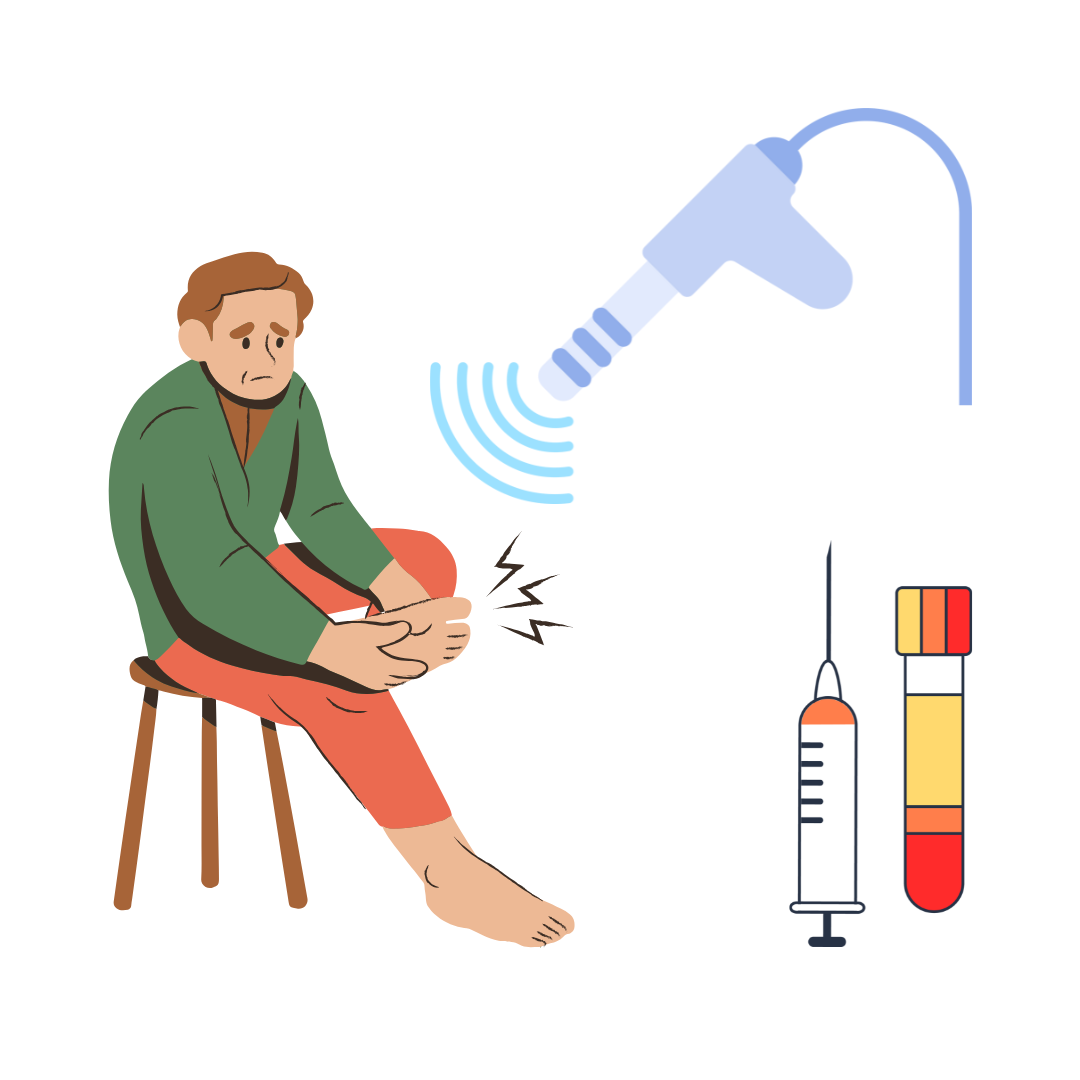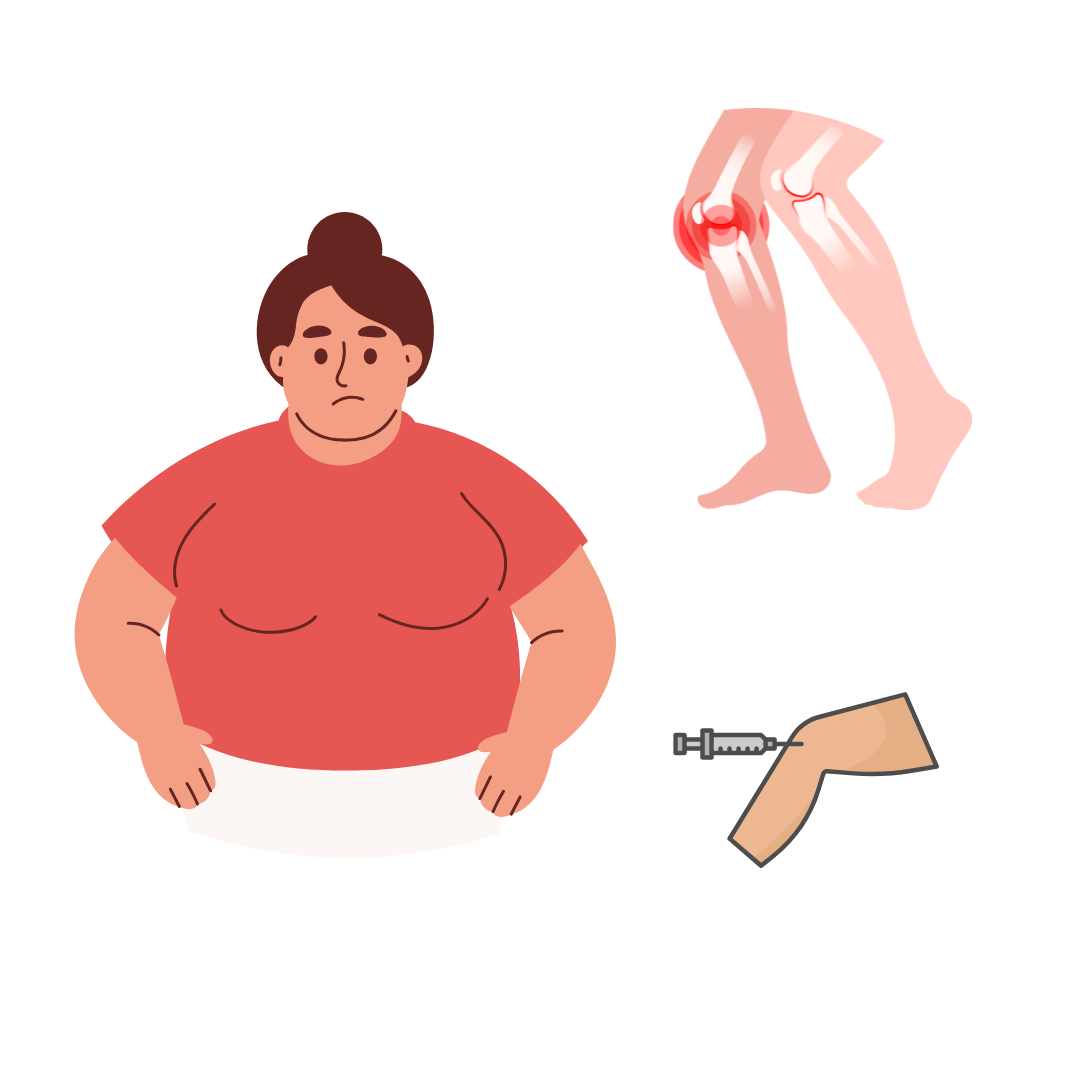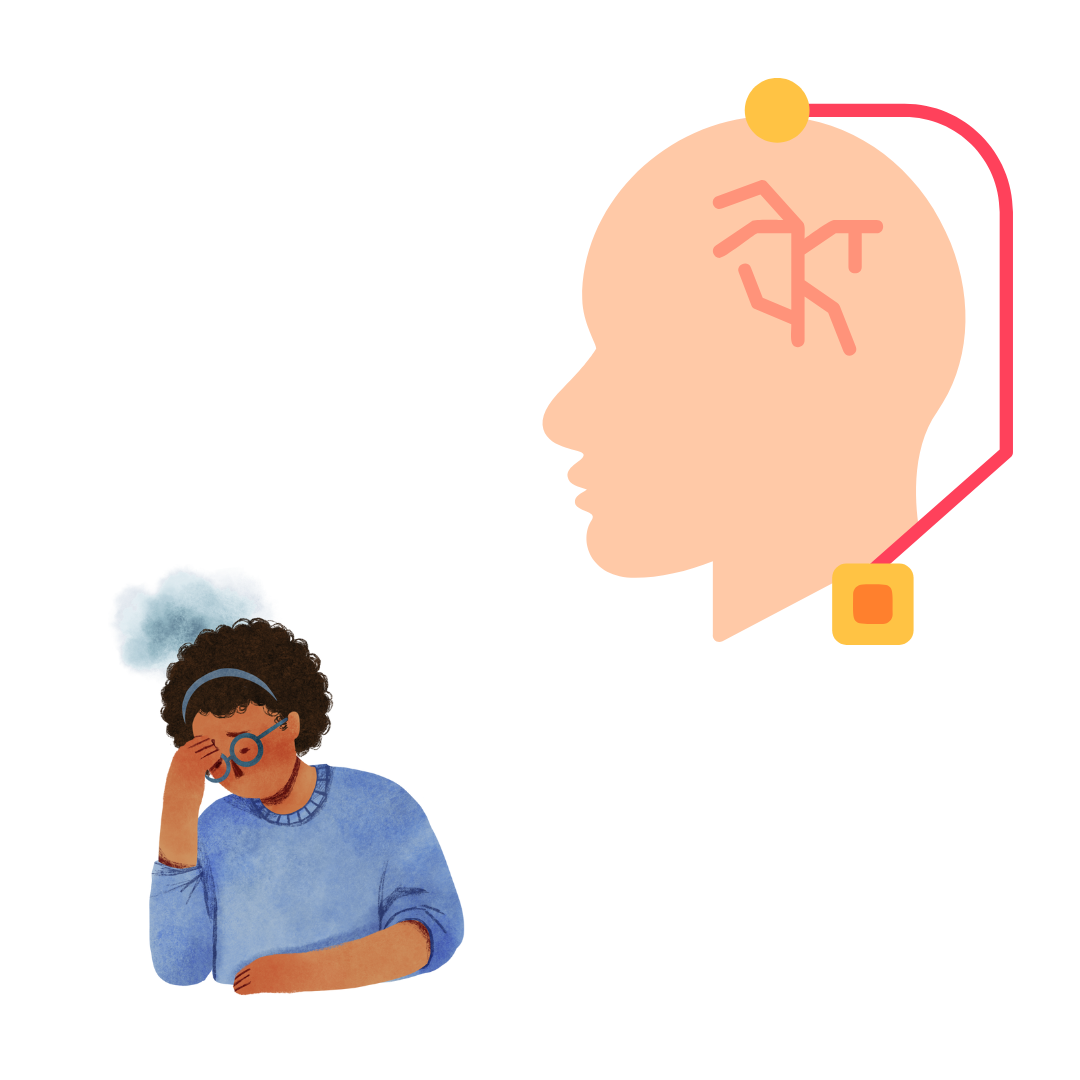Blog

Finding Relief: How Shock Wave Therapy Compares to PRP for Stubborn Heel Pain from Plantar Fasciitis
Plantar fasciitis, a leading cause of heel pain, is often treated with simple methods like stretching, shoe inserts, or rest, but some cases require advanced therapies. A recent study found that extracorporeal shock wave therapy (ESWT), a non-invasive treatment using sound waves to promote healing, is highly effective in reducing pain and improving foot function. It outperformed placebo treatments and worked similarly to other options like corticosteroid injections and physical therapy. While platelet-rich plasma (PRP) injections showed even better results. However, PRP is more invasive, expensive, and technically demanding. ESWT offers a safe, accessible, and effective option for patients seeking relief from stubborn heel pain.
Read More
7 Simple Exercises to Relieve Back Pain and Strengthen Your Spine
The Mayo Clinic emphasizes the importance of simple, targeted exercises to relieve back pain and improve strength and flexibility. Routines like the knee-to-chest stretch, rotational stretches, and cat stretches focus on easing tension and enhancing mobility, while exercises such as bridges and shoulder blade squeezes build strength in the back and supporting muscles. These movements, performed consistently, can help reduce discomfort and prevent future issues. For those recovering from injuries or dealing with chronic pain, consulting a healthcare provider is essential to ensure safety and effectiveness.
Read More
Virtual Yoga: A Promising Solution for Chronic Low Back Pain Relief and Better Sleep
A recent study shows that virtual yoga classes can greatly help people with chronic low back pain. In a 24-week program, employees who participated in live-streamed, one-hour weekly yoga sessions reported significantly less pain, better movement, and even improved sleep quality compared to those who didn’t participate. The positive effects were still noticeable months later, with participants relying less on pain medications. This research highlights that virtual yoga could be as effective as physical therapy for managing back pain, offering a convenient, tech-based option for people seeking pain relief. The study supports the growing call for more accessible, evidence-based pain management solutions.
Read More
Semaglutide Reduces Pain and Improves Mobility in Obese Individuals with Knee Osteoarthritis
A recent study tested the effects of once-weekly semaglutide, a medication that helps with weight loss, in people with obesity and knee osteoarthritis (OA). Over 68 weeks, participants who took semaglutide experienced significant weight loss (13.7%) and greater reductions in knee pain compared to those who received a placebo. The semaglutide group also showed better improvements in physical function. Overall, the study suggests that semaglutide could be a promising treatment for people struggling with both obesity and knee OA, offering benefits like reduced pain and improved mobility, though some people may experience side effects like gastrointestinal issues.
Read More
At-Home Brain Stimulation Offers New Hope for Treatment-Resistant Depression
A recent study has shown that a safe, home-based treatment called transcranial direct current stimulation (tDCS) could help people with treatment-resistant depression. tDCS involves wearing a simple headband with electrodes that send a mild electrical current to specific areas of the brain, helping to balance brain activity linked to mood. This study found that people using tDCS at home with remote support experienced meaningful improvements in their depression symptoms, with minimal side effects. Unlike other therapies, such as transcranial magnetic stimulation (TMS), which requires frequent clinic visits, tDCS can be done at home. While more research is needed to understand how well it works for people with severe depression and different backgrounds, tDCS shows promise as a cost-effective, convenient option for people who haven’t found relief from other treatments.
Read More